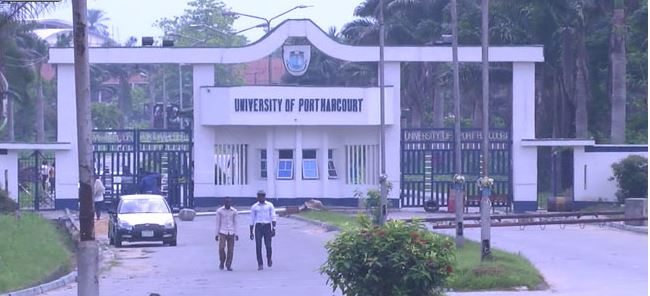As public universities gear up for resumption of classes following the suspension of the industrial action by the Academic Staff Union of Universities (ASUU), which lasted for a wasteful eight months, news reaching us has it that some of the universities may be rushing the students with all sorts of academic overload.
For instance, on Friday, the University of Port Harcourt released the reviewed academic calendar for 2020/2021 and 2021/2022 sessions, which indicated that the first semester 2021/22 examinations for full time students will run for a week beginning on Monday October 24, 2022. With the examinations ending on Saturday October 29, students are expected back in campus the next day for the second semester session to start on Monday October 31.
That semester will run for eight weeks, instead of the normal 13 weeks, ending on December 22, to allow for Christmas break, while second semester examinations begin on January 16, 2023, running for two weeks. The university will then observe long vacation for three weeks from January 30, 2023.
A statement on the university’s website on Friday, signed by Dr (Mrs) Gloria Chindah, reads: “The University Management wishes to inform ALL STUDENTS those normal academic activities have resumed following the suspension of the industrial action by university based unions.
“The reviewed academic calendar for 2020/2021 and 2021/2022 sessions respectively is as displayed on the University website www.uniport.edu.ng. You are encouraged to comply accordingly. On behalf of the University Management, I wish you a successful academic session”.
ASUU commenced its protracted industrial action on 14th February, demanding Federal Government’s implementation of the Memorandum of Action on funding for revitalisation of public universities, which was signed in December 2020. Others include Earned Academic Allowances, renegotiation of the 2009 agreement and the deployment of the University Transparency and Accountability Solution for staff payment, among others.
After several meetings to resolve the strike ended inconclusively, the Federal Government proceeded to the National Industrial Court (NIC) to challenge the action. In a ruling delivered on 21st September, the NIC granted the government’s application for an interlocutory injunction to restrain ASUU from continuing with the strike pending the determination of the substantive suit.
Not satisfied with the ruling, ASUU approached the Court of Appeal seeking leave to challenge the lower court’s decision. Last week, the Court of Appeal asked the union to resume work immediately. The appeal court subsequently asked the parties to explore the option of an out-of-court settlement.
However, both parties agreed to proceed with the hearing after failing to reach a settlement. Delivering a ruling at the resumed court session on 7th October, the appeal court ordered the union to call off its strike. The appellate court said ASUU should obey the order of the industrial court before seeking to appeal the judgment.
Led by Justice Hamman Barka, the panel said that, for ASUU to file its notice of appeal within seven days, it must show evidence that its members have resumed work immediately. The panel held that failure to adhere to the order will make the appeal incompetent before the court of appeal.





